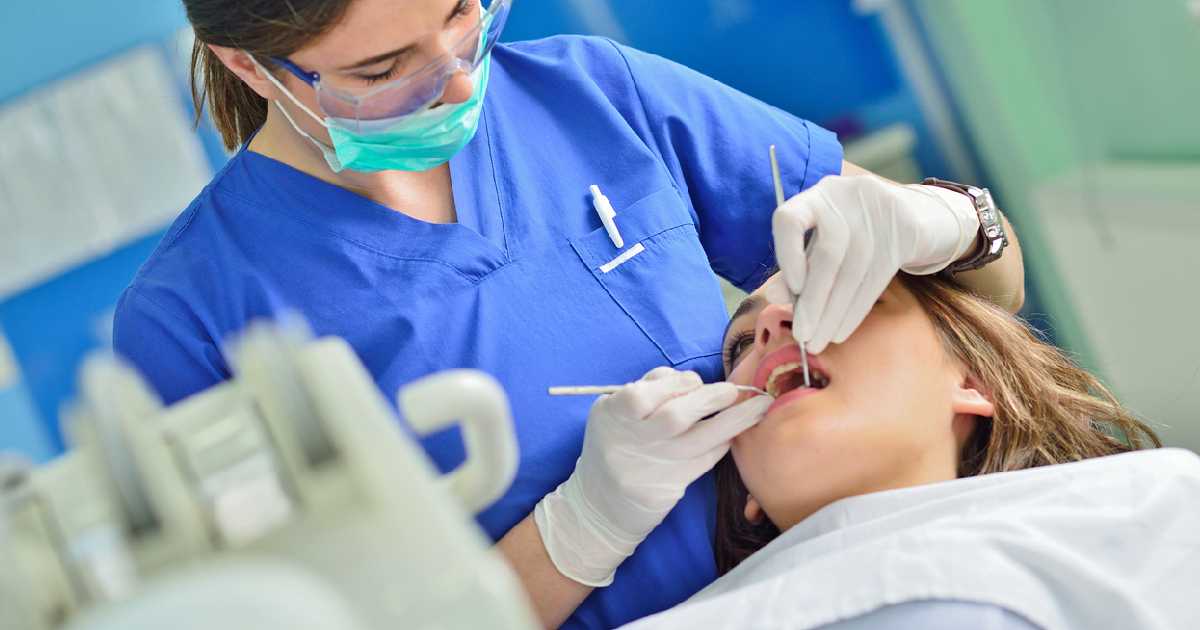Dentists and hygienists could help identify people who are at high risk of developing type 2 diabetes, researchers have said.
Oral care is hugely important to someone’s overall health and can be a good indicator of health conditions throughout the body.
Previous research has suggested that severe periodontitis, which is a condition that involves inflammation of the gums, and gum disease are linked to type 2 diabetes.
Now, a team from the University of Birmingham have carried out a review of current literature exploring the identification of type 2 diabetes within a dental setting.
They found that using risk assessment tools, questionnaires with patients and blood testing at the dental surgery could improve health outcomes for people at risk of type 2 diabetes.
Lead researcher Professor Iain Chapple, Head of the University of Birmingham’s School of Dentistry said: Our review identified positive attitudes of physicians, dental team members, patients and the public towards risk assessing and early case detection of diabetes and prediabetes within the dental surgery. Patients also strongly supported tests being undertaken that provided immediate results.
“Not only does this demonstrate that there may be benefit in engaging the dental workforce to identify these cases, but also shows a need for a more joined up approach to care pathways between physicians and dental practitioners.”
The researchers have said that further investigation is needed to figure out how best to engage the dental workers, and whether it is a cost-effective way to optimise protocols and patient care pathways.
These latest findings support the joint international guidance published last year. This guidance on gum disease and diabetes recommends a series of pathways between oral health care professionals and physicians.
NHS England also laid out its vision for encouraging joint working practice between the dental profession and the field of diabetes.
The findings have been published in the journal of Current Oral Health Reports.



